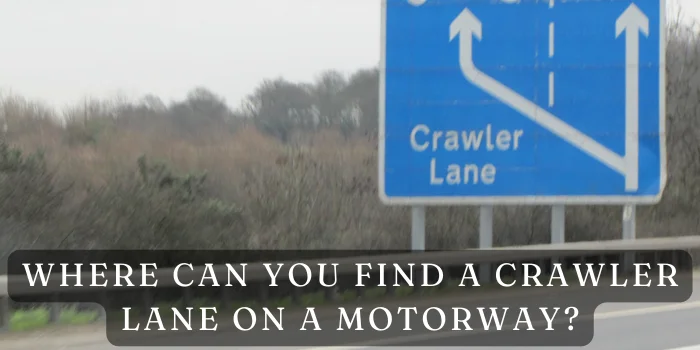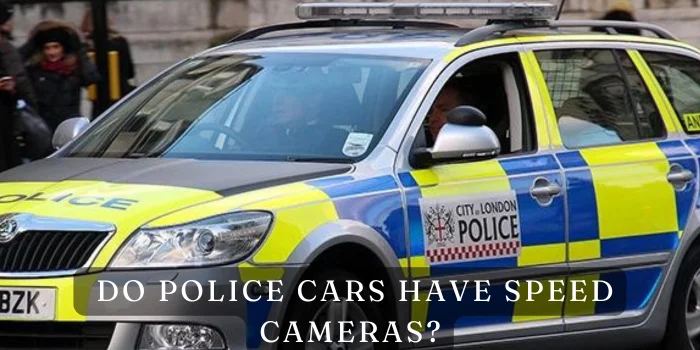Are Tractors Allowed on Motorways in the UK?
Motorways are the lifelines of the UK’s road network, designed to facilitate the swift movement of vehicles across long distances. But when it comes to tractors, you might wonder if they can join the fast lane. Let’s delve into the specifics and uncover the regulations surrounding tractors on UK motorways.
Understanding Motorway Regulations in the UK:
The UK has stringent regulations to ensure safety and efficiency on its motorways. These roads are primarily meant for vehicles that can maintain high speeds, such as cars, vans, and lorries. Motorways have specific rules to keep traffic flowing smoothly and reduce the risk of accidents, which brings us to whether tractors fit into this framework.
Definition of Tractors and Their Common Uses:
Tractors are robust, versatile machines primarily used in agriculture, landscaping, and construction. They are designed to perform heavy-duty tasks such as ploughing fields, hauling equipment, and transporting materials.
Types of Tractors:
There are various tractors, including utility tractors, row crop tractors, and industrial tractors. Each type serves specific purposes and has features suited to different tasks.
Common Uses of Tractors:
Tractors play a crucial role in the agricultural sector, from tilling the soil to transporting goods. They are also used in construction sites to move heavy loads and in landscaping to maintain large estates.
Legal Restrictions for Tractors on UK Motorways:
According to the Road Traffic Act 1988, certain vehicles, including tractors, are restricted from using motorways. The primary reasons for this restriction are speed and safety.
Road Traffic Act 1988:
The Road Traffic Act 1988 outlines the types of vehicles allowed on motorways. Tractors, generally slower and bulkier, must meet the speed requirements to navigate these high-speed roads safely.
Specific Speed and Size Restrictions:
Tractors typically have a maximum speed of 25 mph, significantly lower than the minimum speed recommended for motorway travel. Their size and lack of speed make them unsuitable for the fast-paced nature of motorways.
Exceptions and Special Permits:
While the general rule restricts tractors from motorways, there are exceptional circumstances where special permits might be granted.
When Tractors Might Be Allowed on Motorways:
Special permits might be issued in rare cases, such as during emergencies or specific agricultural tasks that require crossing a motorway. However, these instances are highly regulated and require prior authorization.
Obtaining Special Permits:
Farmers or operators must apply for a special permit through the appropriate regulatory bodies, demonstrating the necessity and ensuring safety measures are in place.
Alternative Routes for Tractors:
Tractors are better suited to A-roads and B-roads, designed to accommodate slower-moving, larger vehicles.
A-Roads and B-Roads
A-roads and B-roads offer more flexibility for tractors, providing access to rural areas and farms without the speed pressures of motorways.
Planning Efficient Routes for Tractors:
Farmers and operators should plan routes that avoid motorways, utilizing secondary roads that connect fields, markets, and other destinations.
Safety Concerns and Considerations:
Safety is a paramount concern regarding tractors on any road, let alone motorways.
Speed Differences:
The significant speed difference between tractors and other vehicles on motorways can lead to dangerous situations, including accidents and traffic congestion.
Visibility and Signage:
Tractors must have proper signage and lighting to ensure they are visible to other road users, particularly during early morning or late evening travel.
Impact of Tractors on Traffic Flow:
Introducing tractors onto motorways can disrupt the smooth flow of traffic, leading to congestion and potential hazards.
Congestion Issues:
Slow-moving tractors can cause bottlenecks on motorways, affecting the overall traffic flow and increasing the risk of rear-end collisions.
Potential Hazards:
Tractors are not designed for the high-speed dynamics of motorways, and their presence can pose hazards to both the tractor operators and other motorists.
Penalties for Unauthorized Tractor Use on Motorways:
Strict penalties are in place for unauthorized motorway tractor use to deter non-compliance.
Fines and Legal Consequences:
Operators found driving tractors on motorways without proper authorization can face substantial fines and legal repercussions.
Reporting and Enforcement:
Authorities encourage the public to report any unauthorized tractor activity on motorways, ensuring prompt enforcement of the regulations.
Conclusion:
In summary, tractors are generally not allowed on UK motorways due to safety and speed concerns. While exceptions exist, they require special permits and adherence to strict guidelines. Tractors should stick to A-roads and B-roads, where they can operate safely and efficiently.
FAQs:
What should I do if I see a tractor on the motorway?
If you spot a tractor on the highway, report it to the local authorities to ensure prompt action and maintain road safety.
Can tractors drive on dual carriageways?
Tractors are allowed on dual carriageways but must adhere to specific speed limits and safety regulations.
Are there any specific times when tractors are allowed on motorways?
Tractors are generally only allowed on motorways at any time if they have obtained a special permit for particular circumstances.
What other vehicles are restricted from motorways?
In addition to tractors, vehicles such as mopeds, bicycles, and specific slow-moving machinery are also restricted from motorways.
How can I report a tractor on the motorway?
You can report a tractor on the motorway by contacting the local police or highway authorities, providing details of the location and direction of travel.




